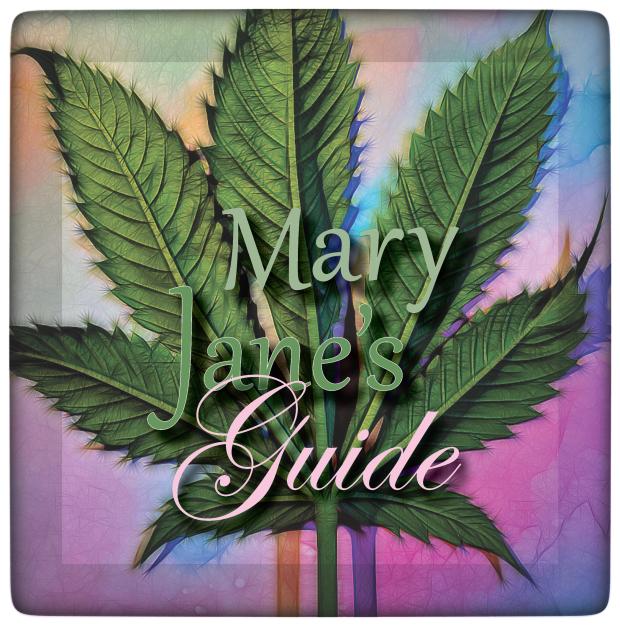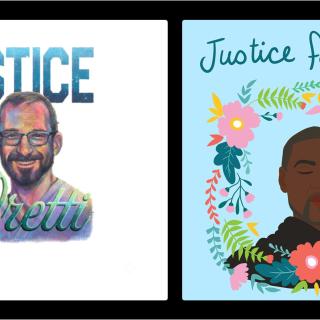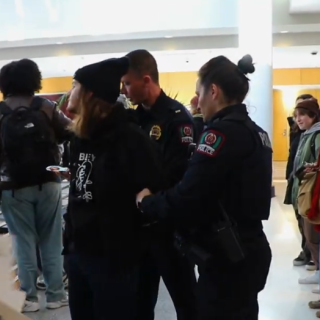There’s an old saying: by their deeds shall ye know them … Or, is it by their words, or by their legacy? Race has become one of the most divisive matters of our time. Sparked by the murder of George Floyd at the hands of police, Americans are experiencing a reckoning with their ghosts of the past. What causes disproportionate use of force? Why are Blacks disadvantaged? What needs to change?
One public policy that may lie at the root of these evils is the “War on Drugs.” Some blame no-knock warrants, militarized police, bloated prisons and sentencing disparities on the drug war. Does this mean it’s racist? To answer this question, let’s start with deeds.
What is the “War on Drugs”? It’s essentially a government led zealotry to halt use, distribution and trade of selected drugs through long “tough on crime” prison sentences for both dealers and users. It’s prohibition (minus the alcohol) made global by the United States over the last 100 years.
How did this war begin? Throughout the late 1800s and into 1900s, the Progressive Era belief in government-supervised social purity and moral reform motivated passage of laws, amendments and treaties that criminalized substances. In so doing, the drafters morphed race, ethnicity and skin color into those directives. Drugs took on racial intonations: Marijuana - Mexicans; opium – Chinese; cocaine – Blacks.
An analysis of 30 directives, most adopted during the 20th Century, found a direct correlation between the War on Drugs and racist intent. For example, the Pure Food and Drug Act (1906) specifically labeled cocaine “dangerous” because Blacks used it. The Opium Exclusion Act of 1906 banned smoked opium, a jab at Chinese immigrants in California. The Marijuana Tax Act of 1937 passed Congress in tandem the iconic film, “Reefer Madness,”
The influx of immigrants – Hindu, Chinese, Syrian, Mexican and others – who brought with them their preferred intoxicants, combined with Progressive Era prohibitionists who colored those substances “alcohol,” created the perfect storm. Half of the 30 drug laws reviewed had decidedly racists overtones, some overt, others amorphous like the crack v powder cocaine sentencing disparity. Of the ten enacted before 1950, all could be labeled racist. Several were the handiwork of one man, Harry J. Anslinger, who headed the Bureau of Narcotics for over 30 years.
In an effort to save his job after the repeal of alcohol prohibition in 1933, Anslinger, a devout racist, turned the public’s attention from alcohol to marijuana. He then proceeded to write, testify for or influence eight pieces of major acts, from the Uniform State Narcotic Act (1934) to the Single Convention Treaty of 1961 to the Controlled Substances Act of 1970.
Another overt racist, former President Richard Nixon, called substance use “Public Enemy #1.” Almost confessional, his aid John Ehrlichman waxed nostalgic, “We knew we couldn't make it illegal to be either against the war or black, but by getting the public to associate the hippies with marijuana and blacks with heroin, and then criminalizing both heavily, we could disrupt those communities. We could arrest their leaders, raid their homes, break up their meetings, and vilify them night after night on the evening news. Did we know we were lying about the drugs? Of course we did!”
And let’s give former President Ronald Reagan some credit. In 1982, he officially declared “War on Drugs” in tandem with his wife Nancy’s “Just Say No” campaign. He signed the Len Bias Law – aka, the Anti-Drug Abuse Act of 1986 – just three months after the (Black) University of Maryland basketball star died of a cocaine overdose. Cruelly, the law imposed 20-year mandatory minimum prison sentences on thousands of African Americans.
Those 30 laws, amendments and treaties define the racist deeds underpinning the War on Drugs. What about words? What was being said as these directives were being crafted?
Not good. Even major newspapers reported, “Negro Cocaine ‘Fiends’ Are a New Southern Menace” (New York Times) or “Marijuana is the weed which is to a certain element of Mexicans what opium is to the Chinaman (Los Angeles Times) or “Marijuana makes darkies think they're as good as white men.'' (Anslinger). In Anslinger’s case, such statements were put into the Congressional record during hearings on the proposed laws. (Please see “Media & General Quotes.”)
Finally, what about the legacy of this anti-drug frenzy? Not pretty. The United States has become the incarceration nation, holding the most prisoners in the world – 2.2 million (2013). The prison population has quadrupled since the 1980s. Among federal prisoners, 47% occupy cells because of non-violent drug offenses. Black Americans are six times more likely to be incarcerated on drug charges than their white counterparts, despite equal rates of substance use. And the list goes on. (Please see “Racial disparities in arrest and incarceration.”)
So, what do we now know about the deeds, words and legacy that comprise the drug war? Is the War on Drugs racist? Unequivocally, yes. It began with racist intent and, in the case of George Floyd, endures at the hands of the police and public cultivated by the drug war. Understanding this, perhaps best way to end racism is to end the War on Drugs. Indeed, that would be a good start.




